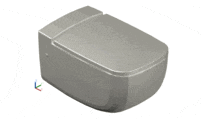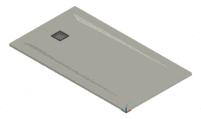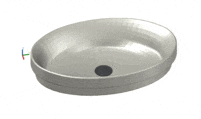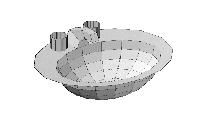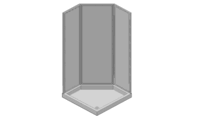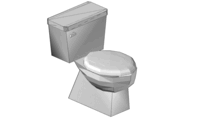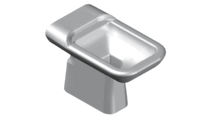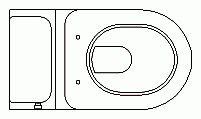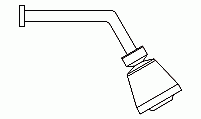CAD Blocks categories
 3D models
3D models home furniture
home furniture sanitary ware - bathrooms
sanitary ware - bathrooms professional equipment
professional equipment doors and windows
doors and windows people and animals
people and animals plants and trees
plants and trees vehicles - transports
vehicles - transports architectural details
architectural details mechanical - electrical
mechanical - electrical urban planning - civil works
urban planning - civil works safety health construction
safety health construction accessible design
accessible design drawing sheet
drawing sheet signals
signals construction machinery
construction machinery accessories and objects
accessories and objects maps and street maps
maps and street maps
Bathroom Sanitary Ware | bathtubs for bathrooms includes variety and different types of bathtubs, for example: rectangular bathtubs, whirlpool bathtubs, circular bathtubs, side elevations of bathtubs, motorized detail sections for bathtubs with pressure jets, 90° corner bathtubs, etc.
Types and Sizes of Bathtubs to Fit Your Space
The Best Bathtubs for Any Bathroom Layout
Selecting the right bathtub can elevate your bathroom design, providing both comfort and style. Whether you’re looking for a space-saving solution or a luxurious centerpiece, the variety of bathtubs available ensures you will find the perfect option. From compact alcove tubs to expansive freestanding models, the right bathtub can enhance both the functionality and aesthetics of your bathroom.
Types and Sizes of Bathtubs to Fit Your Space
When choosing a bathtub, it's important to consider the different types and sizes that will fit your bathroom layout. Freestanding bathtubs create a statement in larger bathrooms, while alcove tubs are ideal for smaller spaces. Drop-in bathtubs offer versatility, allowing for custom decking and tile surrounds. Choosing the right size, from standard to oversized soaking tubs, ensures both comfort and practicality.
Optimizing Bathtub Placement with CAD Blocks
Proper bathtub placement can dramatically improve the flow of your bathroom. Using CAD blocks allows designers to plan the layout in advance, ensuring the bathtub fits seamlessly into the space. CAD models also help visualize other elements, like the positioning of sinks, toilets, and mirrors, creating a balanced and functional design.
Bathtub Materials and Customization
Bathtubs come in a range of materials, each with unique benefits. Acrylic tubs are lightweight and affordable, while cast iron and steel offer superior durability. For those seeking a premium option, stone and copper tubs provide both luxury and visual appeal. These materials not only affect the look but also the feel and longevity of the bathtub.
CAD Blocks for Accurate Bathtub Design
For designers and architects, using CAD blocks is essential when planning a bathroom with a bathtub. These tools offer precise measurements and multiple views (plan, elevation, and section), ensuring every element fits perfectly. CAD blocks are particularly useful when experimenting with different layouts and configurations, ensuring the best use of space.











